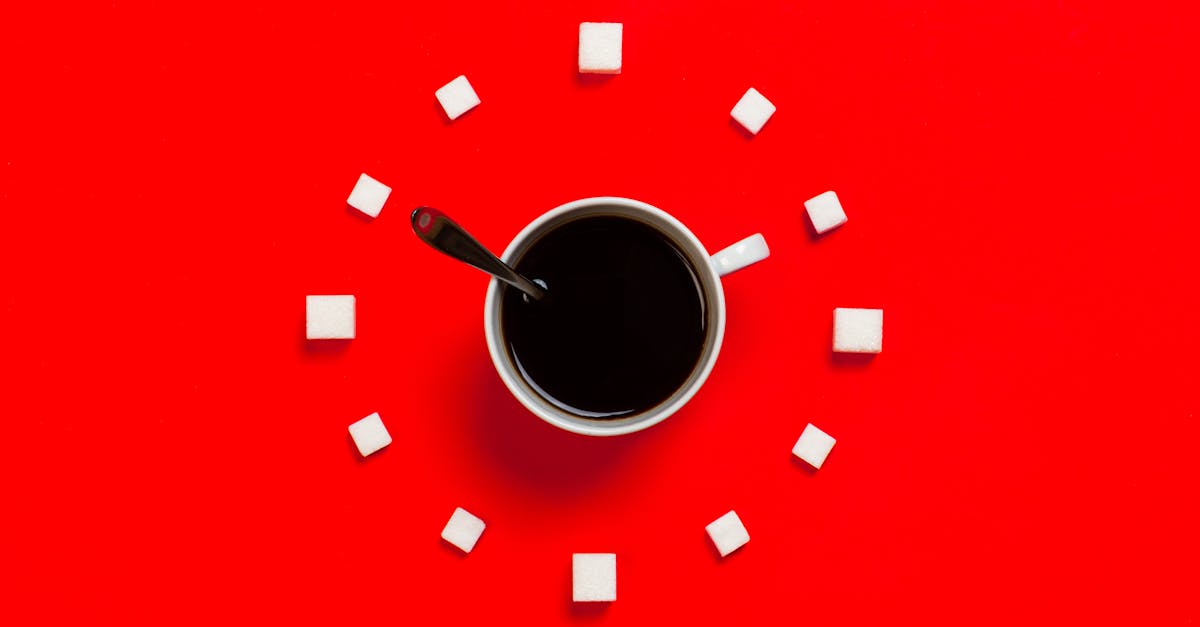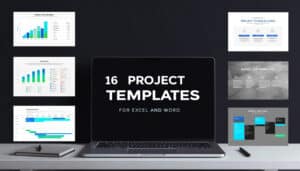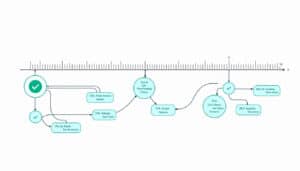Music has the exceptional power to free the mind and fuel creativity. Yet, many artists find themselves trapped by a creative block, a frustrating deadlock that prevents inspiration from flourishing. By diving into sounds and exploring new melodies, it is possible to overcome these obstacles. Music then becomes a true catalyst, allowing one to regain the creative flow and express long-suppressed emotions. It’s a journey where each note can become a key to unlocking the imagination.
🔥 Nous recommandons Ideamap
Ideamap est l’outil idéal pour un brainstorming ou un projet collaboratif. Grâce son interface facile et à ses fonctions IA, Ideamap booste votre créativité tout en favorisant une meilleure organisation de vos idées pour atteindre vos objectifs.

Creative block is a common phenomenon that affects many artists, including musicians. This term refers to an inability to produce and express creative ideas, often fueled by doubts, external pressures, and overthinking. In the musical realm, these tensions can paralyze creativity and make the essential component, which is the desire to create, difficult to reach. However, there are various methods to counter these blocks, and music itself often presents itself as the best remedy to find back inspiration.
The first approach is to immerse the mind in a positive musical environment. Listening to music can activate parts of the brain related to creativity and emotion. Artists may find unexpected inspirations in diverse musical styles. Studies have shown that different genres can stimulate emotional reactions that, in turn, encourage the production of new ideas. Thus, spending time exploring not only music you love but also tracks you have never heard can pave the way for new ideas and a creative fullness.
Another effective method for overcoming creative block lies in the practice. Engaging in playing or composing music without worrying about the results can be a liberating way to spark inspiration. The idea is to create freely, without the pressure of producing something “perfect.” This improvisation allows for restoring an authentic connection with music. Some musicians choose to set up jam sessions where they play together, often leaving aside any concern about the final result. These relaxed sessions are conducive to the exchange of ideas and can bring forth new avenues of creation.
Sound design also provides an effective way to combat blocks. Experimenting with various tools, such as virtual instruments or music creation software, can reintroduce a playful dimension to the composition process. Neublasting sounds, samples, or noisy recordings, exploring these creative options can radically change an artist’s perspective and help renew the musical approach. The more an artist opens up to unconventional sound layers, the easier it becomes to enter a flow state.
Furthermore, using music to listen to one’s emotions can also be an excellent way to mitigate the effects of creative block. Focusing on the emotion conveyed by music allows one to rediscover their motivation and inspiration. Among the useful methods, harmonizing moments of mindfulness during musical listening, where one concentrates on the bodily sensations felt through music, can assist in the creative process. In this way, the artist can better understand their deadlocks and consider ideas outside the usual paths.
To complement these approaches, it is essential to cultivate an environment conducive to creation. An artist’s workspace plays a significant role in the link between creativity and music. Having an organized and inspiring space can help reduce distractions and promote focus. Additionally, accepting that creative block is an integral part of the creative journey can also alleviate the pressure felt by the artist. Thus, when inspiration does not come immediately, it is important to have the patience to experiment, listen, and play until the spark of creativity is reignited.

FAQ: Overcoming Creative Blocks with Music
Q: What is a creative block? A: A creative block is an obstacle encountered by songwriters, often characterized by a lack of inspiration or an inability to develop musical ideas.
Q: What are its causes? A: Causes can include fear of judgment, perfectionism, and external pressures such as deadlines or expectations.
Q: How can we overcome these blocks? A: One can overcome these blocks by cultivating a creative environment, practicing mindfulness, and collaborating with other musicians to gain constructive feedback.
Q: What role does imperfection play in the creative process? A: Imperfection encourages songwriters to take risks and experiment, leading to unexpected breakthroughs in their writing.
Q: Why is it important to establish a writing routine? A: A songwriting routine helps maintain productivity and discipline, thereby alleviating the pressure of waiting for inspiration.
Q: How does self-doubt affect songwriting? A: Self-doubt can hinder the creative process by eliciting negative thoughts and preventing the free expression of ideas.
Q: What strategies can be used to cope with self-doubt? A: Using positive affirmations, celebrating one’s achievements, and surrounding oneself with positive people are effective strategies for overcoming self-doubt.
Q: What are the key elements to understand when writing songs? A: Key elements include structure and arrangement, lyrical craft, melody and harmony, as well as rhythm and groove.














